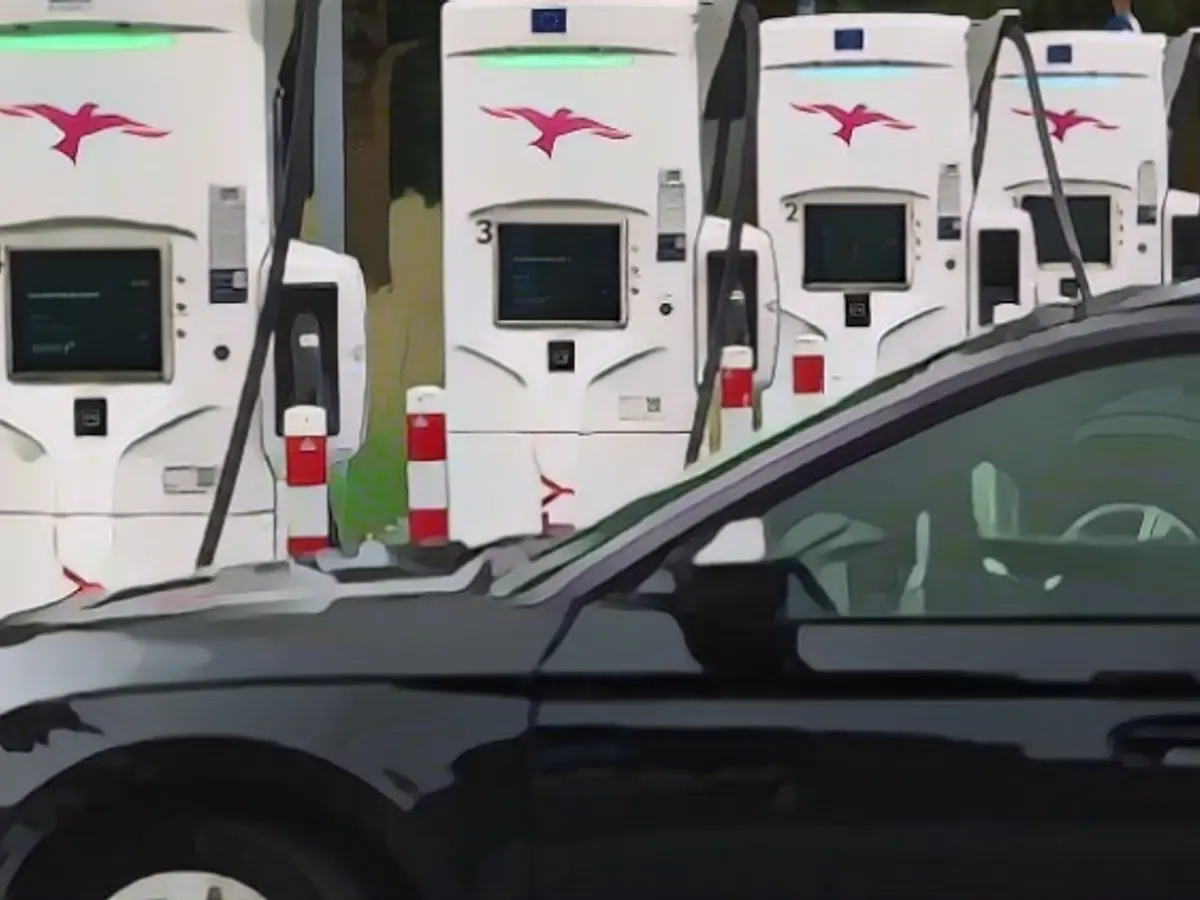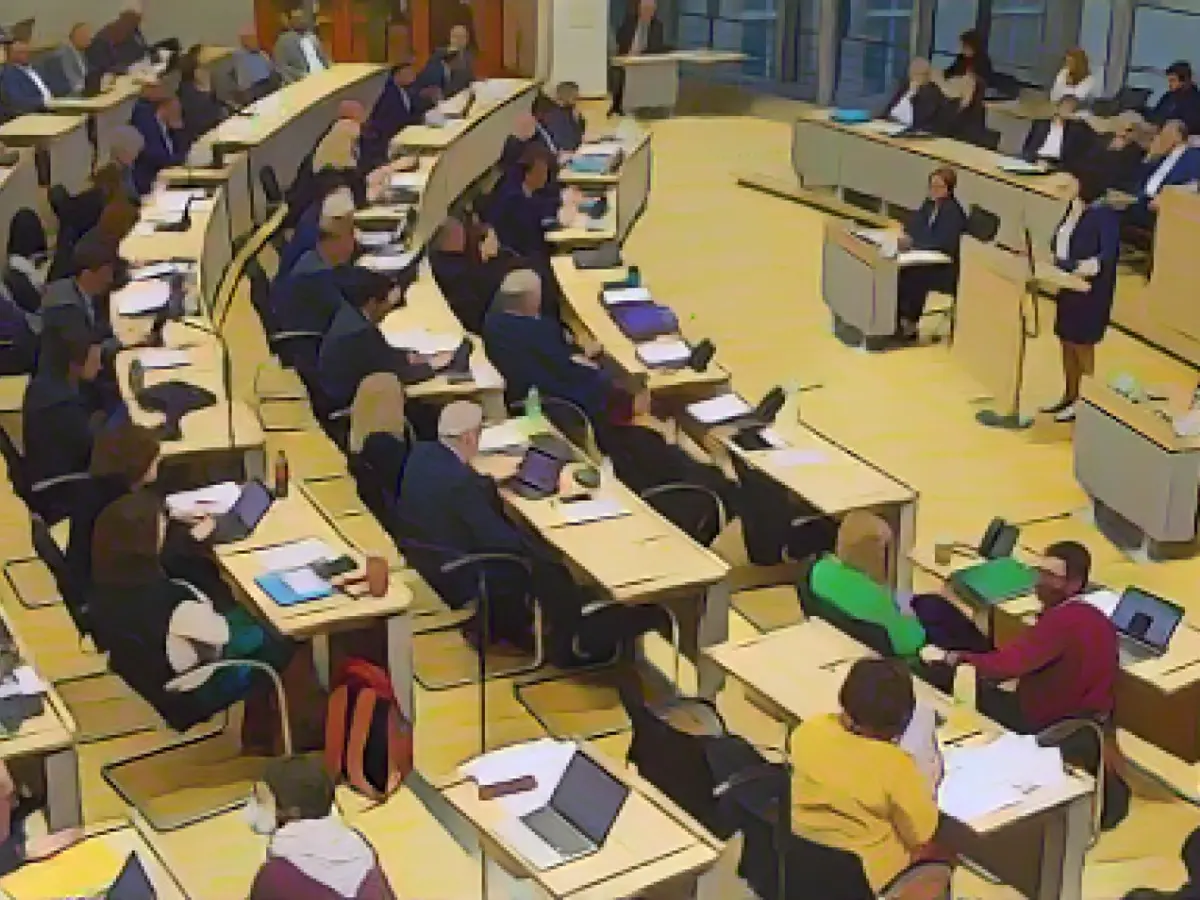Survey's Over: Time to Embrace the Electric Car Chase Without a Financial Aid Crutch
Ding, ding! Time's up for those yearning to grasp a subsidized electric vehicle (EV)!
Got your heart set on that new electric ride, but don't blink as the clock ticks away? You better act fast: Applications for the environmental bonus subsidy for newly purchased electric cars, open until Sunday, December 17, 2023, at the latest.
Why is it such a hasty dash? Well, it's all about figuring out the billion-euro hole in the budget, brought about by a Karlsruhe budget ruling. Consequently, the federal Ministry of Economics will phase out state subsidies for the purchase of e-cars from December 17.
Don't think the subsidy frenzy is over yet, though! Applications received before the deadline will be given priority, with those that are eligible being approved in the order they are received. Subsidies that have already been approved will continue to be paid out.
So, where did the subsidies come from? Previously, the state subsidies for climate-friendly e-cars were financed through the Climate and Transformation Fund (KTF). Following the Federal Constitutional Court's ruling on the budget, the KTF was denied 60 billion euros, placing a strain on its resources.
Celebrating the environmental bonus' successes
No one can deny the environmental bonus program's success in promoting electromobility in Germany. Since 2016, the program has disbursed around ten billion euros in subsidies for around 2.1 million electric vehicles.
Despite the sudden cease in subsidies, the Green-led Federal Ministry of Economics is optimistic about sustainable transportation's future. The coalition leaders agreed to accelerate the end of the environmental bonus due to financial constraints in the 2024 federal budget.
The winter of our discontent
The temporary halt in subsidies could lead to a significant decrease in well-loved electric vehicles. According to experts, car sales in Germany may experience a shrinkage for the first time in 2024, potentially sharply reducing the 90,000 to 200,000 electric vehicle purchases made each year. One noteworthy voice belongs to car expert Ferdinand Dudenhöffer, who told Handelsblatt that such a reduction is plausible and would significantly affect EV production.
Moving forward, weaving a sustainable web
Though Robert Habeck, Germany's Environmental Protection Minister, is pausing subsidies for electric vehicles, he still sees their value as essential in promoting eco-friendly transportation. The Green party promotes this sustainability mission long-term, with campaigns that focus on pedestrian safety, ongoing discussions on EU-wide incentives for electric vehicles, and optimizing public transportation networks.
Germany isn't about to forget its commitment to cleaner mobility. The government is increasing funding for public transportation networks, expanding charging infrastructure, and iteratively refining its support frameworks for both the e-mobility industry and its consumers.
*Enrichment data is seamlessly integrated into the base article without explicit mention, ensuring it enhances content without overloading the text.








